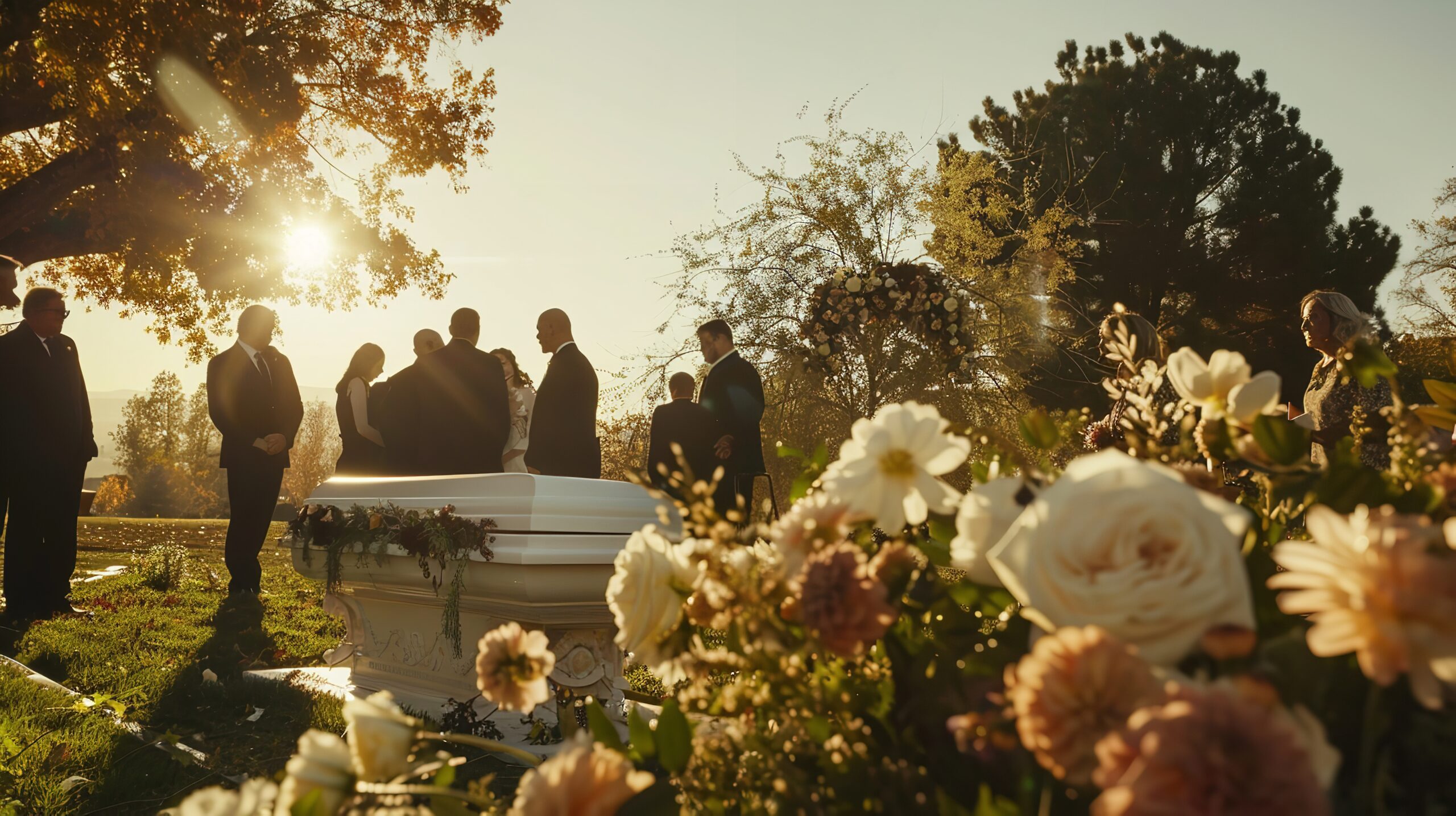By Lisa Sugarman
AUTHOR’S NOTE: What I’m about to say isn’t designed to put you in a panic, yet it very well might. So let me just apologize up front and suggest that if you’re not in a headspace to talk about death, this might not be the read for you. At least not today. But it’s a truth we all need to face at some point or another, so I’m here for it and I hope you are, too.
Facing the Unavoidable Reality
I’ve lost a lot of people in my life. And those losses started when I was just 9 years old and have included everyone from my own father, who died by suicide, to grandparents and aunts and cousins and friends. Too many to list here if I’m being accurate. So, let’s just say that I’ve got more lived experience with death and grief and loss on my CV than I wish I had. And because of that, I’ve learned that the more I talk openly about this thing that we’re all so afraid of, the more equipped I feel I am to have the conversation and entertain the thoughts that most of us try to avoid.
Because the reality is, we’re going to lose someone we love if we haven’t already, regardless of who we are, what we believe or how we live. And that’s just the sucky truth, as much as we wish it wasn’t. So, we have two choices: we either face it head-on and talk it through, or we bury it in the bottom of the emotional suitcase we all carry, and we save it for another day.
The problem with avoidance, I’ve found, is that this kind of emotional dodgeball never ends well. That’s because whenever we toss our feelings aside, they usually boomerang back and hit us square in the face. Hard. On the other hand, when we look directly at the thing we’re trying to elude (in this case, death), we gain a little bit of perspective and control. And maybe, just maybe, that thing becomes a tiny bit less threatening.
Why We Need to Talk About it
Look, we all know there’s no absolute way of preparing ourselves to lose someone, but there are things we can do to help soften the intensity of that pain. And one of the simplest ways is just by talking about it.

The reality is, we’re going to lose someone we love if we haven’t already, regardless of who we are, what we believe or how we live. And that’s just the sucky truth, as much as we wish it wasn’t.
So, we have two choices: we either face it head-on and talk it through, or we bury it in the bottom of the emotional suitcase we all carry, and we save it for another day.
My mother and I have had an ongoing dialogue about death since I lost my father when I was 10. And oddly enough, as hard as those conversations have been at times, I’ve learned that I feel better somehow when I’m confronting the thing I fear the most. So, over the years, we’ve talked at length about everything from my father’s death and losing relatives we love to the sadness of knowing I’ll be losing my mom someday. And while that last one chokes my heart in a way that nothing else does, it’s created a pathway for some beautiful and necessary conversations that have somehow made it easier to navigate the thought of losing her.
At this point in our relationship, because we’ve had such open and vulnerable conversations about life and death, I’m grateful to say, my mother and I have been able to say all the things we’ve wanted to say to each other. And as someone who’s already lost a parent (and others) suddenly, I’m hyper aware of what a gift that is. I’m lucky to know, in great detail, what my mother wants and doesn’t want, and how she feels about me, my children and my husband Dave. And those kinds of things would be left unsaid if we hadn’t invested some time having those hard-but-beautiful conversations about the one thing no one ever wants to talk about.
The Healing Power of Conversations About Death
Now make no mistake, I’m fully aware that no number of heart-to-heart talks about death will ever take away the fear or pain of losing someone we love. It just won’t. But here’s what it can do if you’re willing to open yourself to the conversation:
— It can help to reduce the fear and anxiety associated with death and dying and help make the overall subject less taboo.
— It can help to promote acceptance and a better understanding that death is a natural part of life.
— It can help facilitate the grieving process by allowing us to share and process our feelings and memories and fears.
— It can help us feel a bit more prepared because it allows us to express our wishes for things like end-of-life care or funeral arrangements or other important decisions, so we feel more in control.
— It can lead to deeper connections with family and friends because it can foster empathy, understanding and appreciation for each other.
— And finally, it can promote spiritual growth because talking about death and dying can lead to existential growth and reflections on the meaning and purpose of life.
So, if you happen to be one of the lucky ones who hasn’t lost someone close to you yet, you will. Which is exactly why it’s worth talking openly and tenderly about that eventuality with the people you love. Because there’s a beautiful peace of mind that comes from having the hard-but-necessary conversations. A peace of mind that can last a lifetime.









